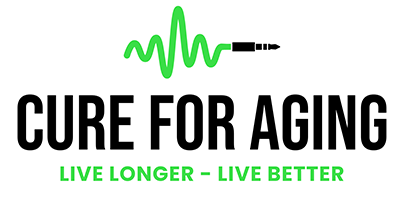661
Genetic and biomedical research has significantly advanced understanding of aging and potential interventions for increasing longevity. Here are some of the top efforts in this area:
- Telomerase Activation: Telomeres protect the ends of chromosomes and shorten with age, leading to cellular aging. Research into activating telomerase, an enzyme that repairs telomeres, aims to slow down or reverse this process.
- Senolytics: These are drugs designed to selectively destroy senescent cells—cells that have stopped dividing and contribute to aging and age-related diseases. Removing these cells has been shown to improve health span in animal models.
- Gene Therapy: Researchers are working on ways to alter genes that influence aging and longevity. This includes efforts to repair or replace damaged DNA, as well as modifying genes to enhance protective mechanisms within cells.
- Stem Cell Therapy: As organisms age, stem cell function declines. Research into stem cell therapy aims to replace or rejuvenate these cells to repair damaged tissues and improve organ function.
- Caloric Restriction Mimetics: Studies have shown that reducing caloric intake without malnutrition extends lifespan in various organisms. Researchers are looking for drugs that can mimic the effects of caloric restriction to extend health span without the need to significantly alter diet.
- Metformin and Rapamycin: These are two drugs originally used for other conditions that have shown promise in extending life span. Metformin, a diabetes medication, and rapamycin, an immunosuppressant, are both being studied for their potential to delay aging.
- CRISPR/Cas9 and Gene Editing: This technology allows for precise editing of the genome and is being explored for its potential to correct genetic defects and possibly extend healthy life.
- Proteostasis: Maintaining protein homeostasis is crucial for cellular function. Research is focused on understanding how proteins fold and function and how cells maintain protein quality, with an aim to intervene in age-related decline.
- Biological Clocks and Biomarkers of Aging: Developing accurate biomarkers for aging can help measure how quickly a person is aging and the effectiveness of longevity interventions. This includes research into epigenetic clocks and other aging metrics.
- Regenerative Medicine: This field includes developing methods to repair or replace damaged tissues and organs, potentially reversing the effects of aging and disease.
These efforts represent a broad and rapidly evolving field, with many studies still in the preclinical or early clinical stages. While significant progress has been made, extending human longevity in a healthy, practical, and ethical manner remains a complex challenge with much more to be understood and achieved.

